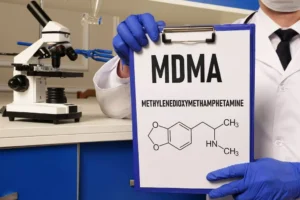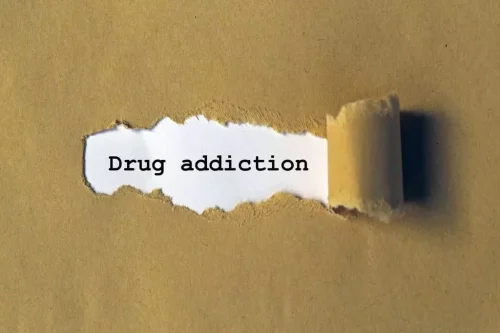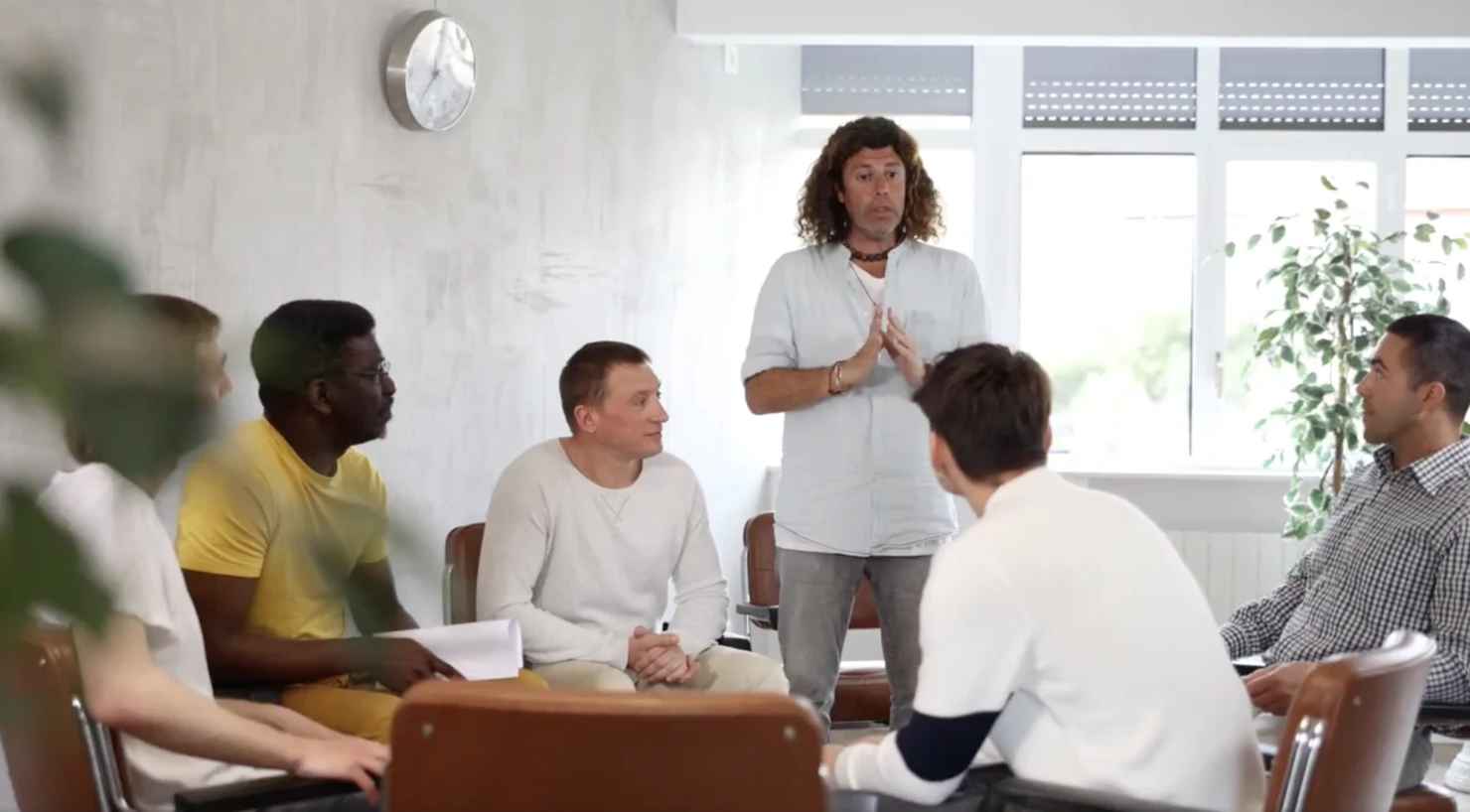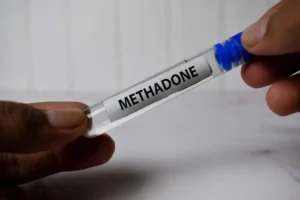
Like other therapy sessions, substance abuse group sessions can be conducted in various spaces such as hospitals, private therapy practices, community centers, and mental health clinics. However, group therapy is frequently conducted https://ecosoberhouse.com/article/how-to-approach-a-person-who-prefers-avoiding-conflicts/ at a drug or alcohol rehab facility as part of treatment for substance use disorders. Group therapy differs from support groups as group therapy aims to help people change, whereas support groups exist to support people in coping.

Relapse Rates After Completing Treatment
If you’re curious to see an actual group therapy session unfold, this video can satisfy that curiosity! In the video, two group therapists facilitate a group therapy session with teenagers. Added topics include online therapy, specialized groups, ethnocultural diversity, trauma, managed care, and more. Not only does this book cover the basics and the foundational assumptions and theories behind this group therapy model, it was also recently updated to include new developments in the field. To learn more about this exercise, we recommend Judith Belmont’s book 150 More Group Therapy Activities & TIPS, which will be described in more detail below. Alternatively, we have an extensive collection of free worksheets on challenging negative thoughts in this CBT worksheets article.
CBT Group Activities Essential for Substance Abuse Recovery
Psychoeducational groups provide educational support to those with mental health concerns, such as substance abuse challenges. They work to inform and instill coping strategies within individuals to understand better and overcome their condition. Group therapy sessions focusing on relapse prevention equip individuals with the skills and mindset needed to overcome what are some ideas for substance abuse group activities? setbacks. When recovering from drug addiction (also called substance use disorder), many people feel alone. That’s why most addiction treatment centers offer support groups and group therapy. The program here at Two Dreams focuses on the improvement of one’s life through the achievement of mental peace, physical well-being, and personal productivity.
Solution-Focused Brief Therapy Worksheets Bundle
- Group sessions provide them with a set time within their routine to focus on their recovery.
- Daily mood charts or mood trackers are a great way to help clients understand the link between their environment, situation, and feelings.
- For instance, they can facilitate greater self-insight and interpersonal functioning.
In the pictured example, the therapist used Quenza to develop these agreement documents digitally. The therapist distributed the documents to the Quenza accounts of prospective group participants via a single ‘activity’ so that clients can read and digitally sign them. An informed consent document enables the therapist to educate potential participants about the risks, benefits, and alternatives of the group therapy intervention (Shah, Thornton, Turrin, & Hipskind, 2020). This document should elaborate on the group rules and include a space for the client to sign to indicate their agreement. This article will focus predominantly on the specifics, focusing on intake forms, policy documents, and ideas for particular group activities that meet a range of different psychoeducational goals.

This Inside and Outside Worksheet can be a great tool for families with young children in therapy. It is intended for a child to complete, and the results can be discussed as a family to facilitate understanding and come up with solutions for family problems. Instruct each member to reflect for a few moments on things in their lives that they feel thankful for. Once a few minutes have passed, they can write them on the paper or whiteboard. They should create a line that flows from each item (they can be circled or in a heart) to a reason for their gratitude.
Mindful Music Therapy
Benefits of Group Therapy

Proven Strategies to Overcome Cocaine Addiction and Take Back Your Life
- Behavioral activation involves identifying and engaging in positive behavior.
- After playing with them, transition into a discussion about the fallibility of our senses and point of view.
- Recovery groups can highlight the healing quality of music in various ways.
- In a substance abuse group, members can discuss their triggers along with coping skills they have found useful.
- These discussion points increase the likelihood of faster recovery and significantly decrease the chances of relapse, which is always desirable.



